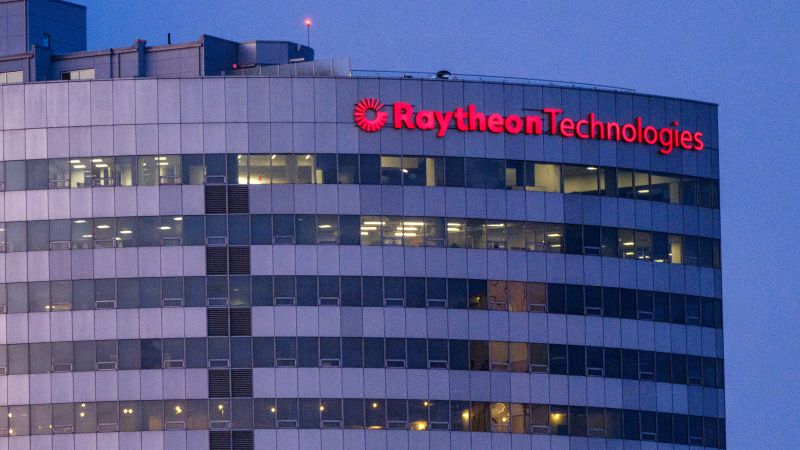A class action lawsuit filed Tuesday alleges that RTX Corporation, the multinational aerospace and defense systems giant formerly known as Raytheon Technologies, has been discriminating against job seekers who are 40 years or older.
The complaint, filed by the AARP Foundation and two law firms at the US District Court for the District of Massachusetts, asserts that the language used in certain Raytheon job ads indicates a preference for younger workers in violation of the federal Age Discrimination in Employment Act, the Massachusetts Fair Employment Practices Act and the Virginia Human Rights Act. The company had been headquartered in Massachusetts and recently relocated to Virginia.
“The language and content of these job advertisements discourages and deters many older workers from even applying for the Recent Graduate Positions and prevents older workers who do apply from advancing in the hiring process because too much time has passed since they graduated … and/or entered the workforce,” the complaint said.
The ads that refer to “Recent Graduate Positions” indicate that applicants should either have graduated from college or graduate school very recently or have no more than 12 or 24 months of related work experience. While the positions may be lower level, they are not necessarily low paying, with salary ranges that can run north of $100,000.
In response, RTX rejected the premise of the allegations.
“RTX complies with all relevant age discrimination laws and we’re committed to maintaining a diverse workforce. We believe these claims are entirely without merit and we will actively defend our hiring practices,” company spokesman Chris Johnson told CNN.
The suit currently has just one named plaintiff — Mark H. Goldstein — but is brought on behalf of “all others similarly situated.” More named individuals may join the suit later, said Peter Romer-Friedman, one of the lead lawyers on the case.
Goldstein, 67, has roughly four decades of experience in “project management, cybersecurity, technology, risk management, security engineering, sales, marketing, engineering, business, and consulting,” according to the complaint. In addition, it said, Goldstein has experience as a contractor for the US Department of Homeland Security, has held a federal government security clearance and has two key information security and privacy certifications.
Between 2019 and 2023, Goldstein applied to at least seven of Raytheon’s recent graduate positions for which he met all the qualifications save those requiring the newness of his degrees or the short duration of work experience.
“Despite the fact that Mr. Goldstein has been genuinely interested in a position with Raytheon, committed to relocating, if necessary, and has skills that Raytheon needs to address a years’ long labor shortage, Raytheon has not hired Mr. Goldstein for any of the positions to which he applied, has never offered him an interview, and has failed to seriously consider Mr. Goldstein’s applications based on his age,” the complaint said.
Goldstein had filed a charge of discrimination with the Equal Employment Opportunity Commission in 2019. In 2021, the EEOC declared in a letter that its “investigation revealed that [Mr. Goldstein] was denied the opportunity to be considered for the [Recent Graduate Positions] he had applied for because of his age, and not because he did not meet the minimum qualifications required for the jobs,” according to the complaint. “It also found that Raytheon’s discriminatory advertisements had violated the ADEA, explaining that: ‘EEOC believes [Raytheon’s] job advertisements included language that violates the ADEA in that it indicated a hiring preference for applicants who are not in the protected age group.’”
In response to the EEOC’s 2021 determination, Raytheon tweaked some language in job ads, but in ways that still discriminate against older job seekers, the complaint alleges.
Goldstein filed a second charge of discrimination with the EEOC in July 2023. The agency is still investigating that matter, Romer-Friedman noted.
Read the full article here




